Xiaomi shifts strategy in Brazil amid market challenges
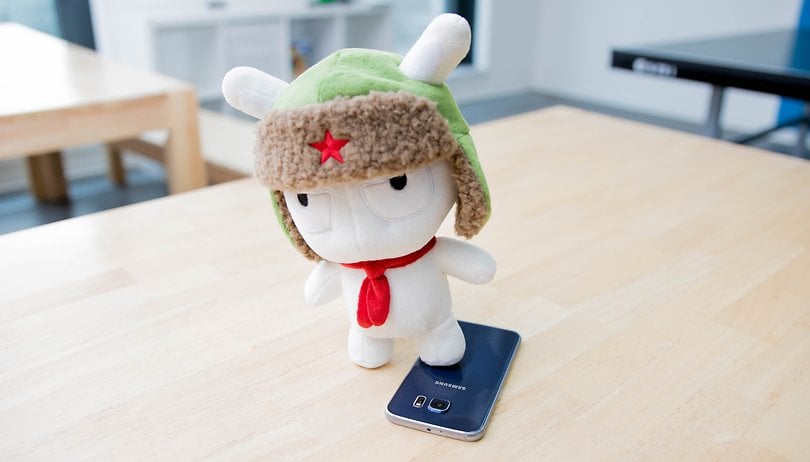

Contrary to what you might think, all is not so rosy for Xiaomi. One of the world's largest smartphone manufacturers has hit tough times in Brazil, the only non-Asian country where it is officially based. As a result, Xiaomi will not launch new smartphones there, at least in the short term. The challenges that Xiaomi faces in Brazil has led to a complete strategy revision. In an exclusive interview with AndroidPIT Brazil, Xiaomi global vice president Hugo Barra explained the new way forward.
Fanfare arrival in Brazil
The announcement was a stir at the time. Xiaomi, which was the fifth-largest phone manufacturer last year, officially landed in Brazil in July, 2015. "Brazil is our gateway to Latin America, but we have no expansion plans for other countries," Mr Barra told AFP.
It was clear the objective back then was to launch in a booming smartphone market where sales would rise more than 50 percent each year. But today, it's clear that this paradise has not been found.
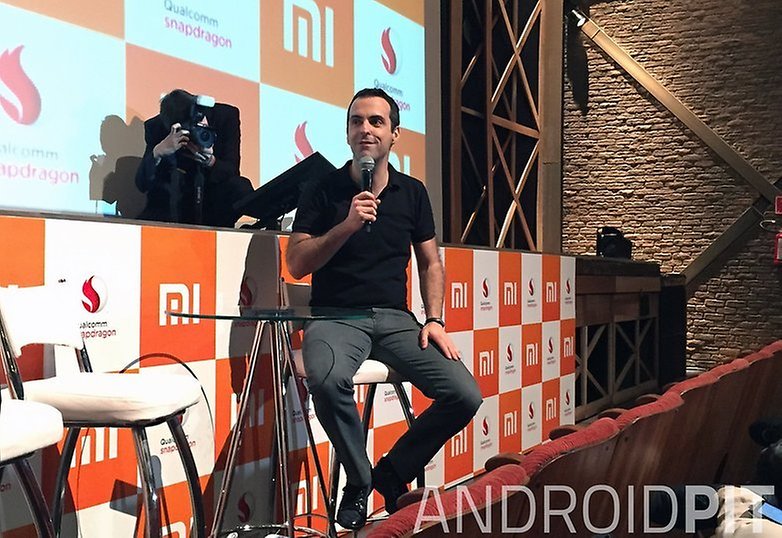
Since the announcement in 2015, two smartphones have been officially distributed in Brazil: the Redmi 2 and Redmi 2 Pro. There was success but the competition, including from Motorola, was tough. Now, only a year after its arrival, Xiaomi has decided to revise its plans for Brazil. The company will not launch new smartphones there for now and instead relocate its teams back to China.
Only a year after its arrival, Xiaomi has decided to revise its plans for Brazil
"Because of the constant evolution of the rules of production and taxation for online sales in Brazil, we decided not to host new product launches in the country in the short term. We know the expectations of the fans about new products, but we decided that, given the current situation, it was the best decision," Mr Barra said.
Why a change in strategy?
The reasons for this decision are many. Besides a subsidy system and legal decisions now less favorable to the company, Xiaomi has also faced the problem of selling its phones exclusively online. However, not all consumers are ready to buy phones online just yet.
The result is that Xiaomi will no longer sell smartphones through its Mi.com portal, but instead will deal exclusively with e-commerce partners. "The products will be available at Vivo and Submarino stories, our e-commerce partners, Americanas.com, Shoptime, Casas Bahia, extra, Pontofrio, Walmart.com, and Ricardo Eletro Webfones," Mr Barra said.
The Mi.com website will now focus on product and company information, and customer support.
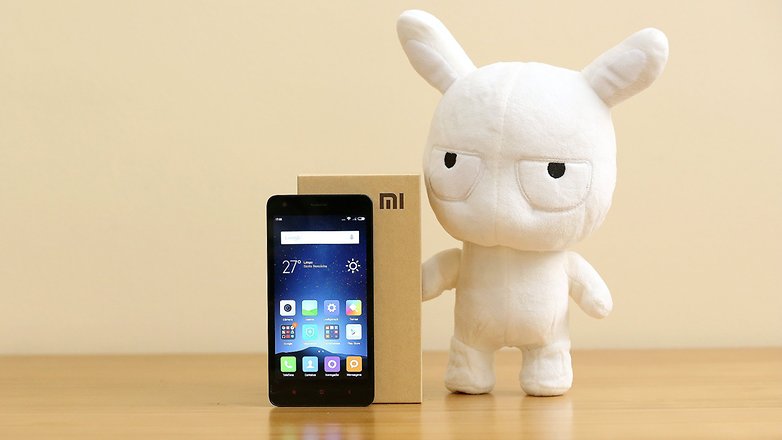
Another explanation for this setback is that the firm has also underestimated competition in the Brazilian market. Motorola, for example, reigns supreme in Brazil, where the Moto G is one of the most-sold smartphones. Samsung, the world number one, is also dominant.
What is the new strategy for Xiaomi?
Xiaomi is not officially leaving Brazil, but it is a historic setback for a brand known for its meteoric rise. "This restructuring is made to respond in the best way possible to our international operations and ensure expansion into new markets," added Mr Barra.
It's a historic setback for a brand known for its meteoric rise
Besides a change in its sales model, Mr Barra confirmed that the company's staffing structure would undergo changes. Indeed, the departments of marketing and social networks would be transferred to the Beijing headquarters, where they would continue to work for Brazil and North America: "Soon these people will go to Beijing, where they will join our global marketing team. They will continue to take care of our marketing activities in Brazil and will also contribute to our plans for North America. With a team there, Brazil is gaining more relevance."
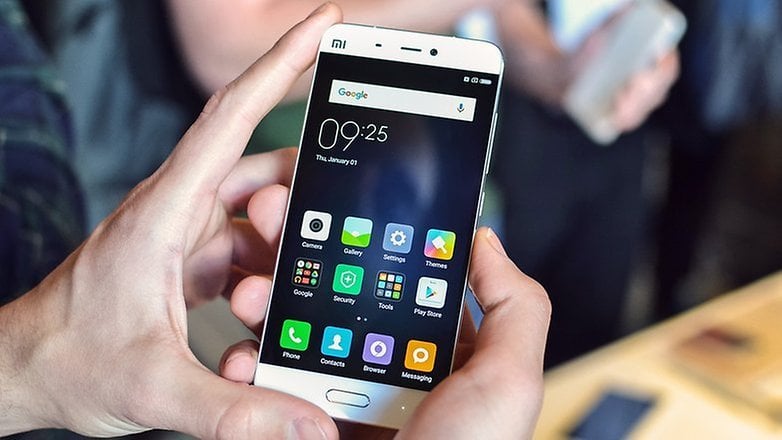
Finally, it is the production of smartphones at a local level that has been completely revised. "We will make decisions regarding the importation or manufacture of local products available in Brazil according to each product. These will be produced in Brazil only if it is more advantageous then to import," Mr Barra said.
Xiaomi isn't leaving Brazil: it's preparing for other markets
Founded in 2011, the firm has so far found great success. This is the first time Xiaomi has somehow lost. However, the company was keen to let us know that it had not formally exited Brazil and also did not regret its choice.
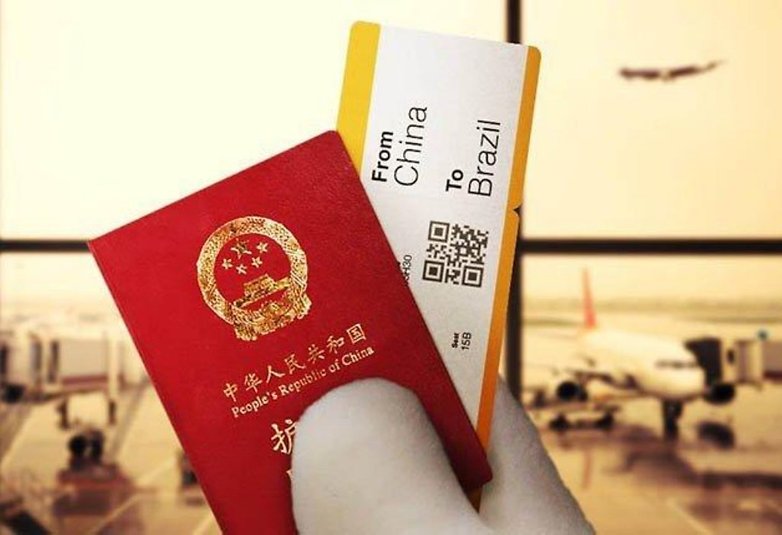
When asked if the Chinese company regretted having invested in Brazil, Mr Barra said: "Not at all. The Brazilian operation is successful and achieved the objectives set to date," before adding, "for our part, these changes are very positive. We ensure that the business grows in an organized way and we'll now focus on larger transactions we are preparing to do in different markets."
This last sentence will be remembered most. For if the honeymoon between Brazil and Xiaomi will not last very long, the company will also not forget expansion plans elsewhere. The United States will likely be among the first locations, but Europe should not necessarily be forgotten by Xiaomi.
Correction, May 28, 2016: This article's headline incorrectly stated that Xiaomi would exit the Brazilian market. The company has decided to change strategy there, but not leave it all together. The headline has been updated to more accurately reflect the statements of Hugo Barra, Xiaomi's global vice president.
Do you hope to see Xiaomi officially in the United States? Tell us in the comments.




















I live in Panama and I have been following Xiaomi for over a year with hopes that I could get my hands on one. It looks like everyday I get farther away. My hopes for a high end Xiaomi are getting lost in the wind.
I have a LG G4 and a Redmi 2, but we, as brazilian, want a high-end smartphones. We can pay, we have the most expensive iPhone of the world and yet we bought (more than $1.000 for 16gb!!!). Hugo Barra, who is also brazilian, doesn't have cojones after all I guess...
No matter what Xiaomi will be staying top in the world market soon on its budget range phones.